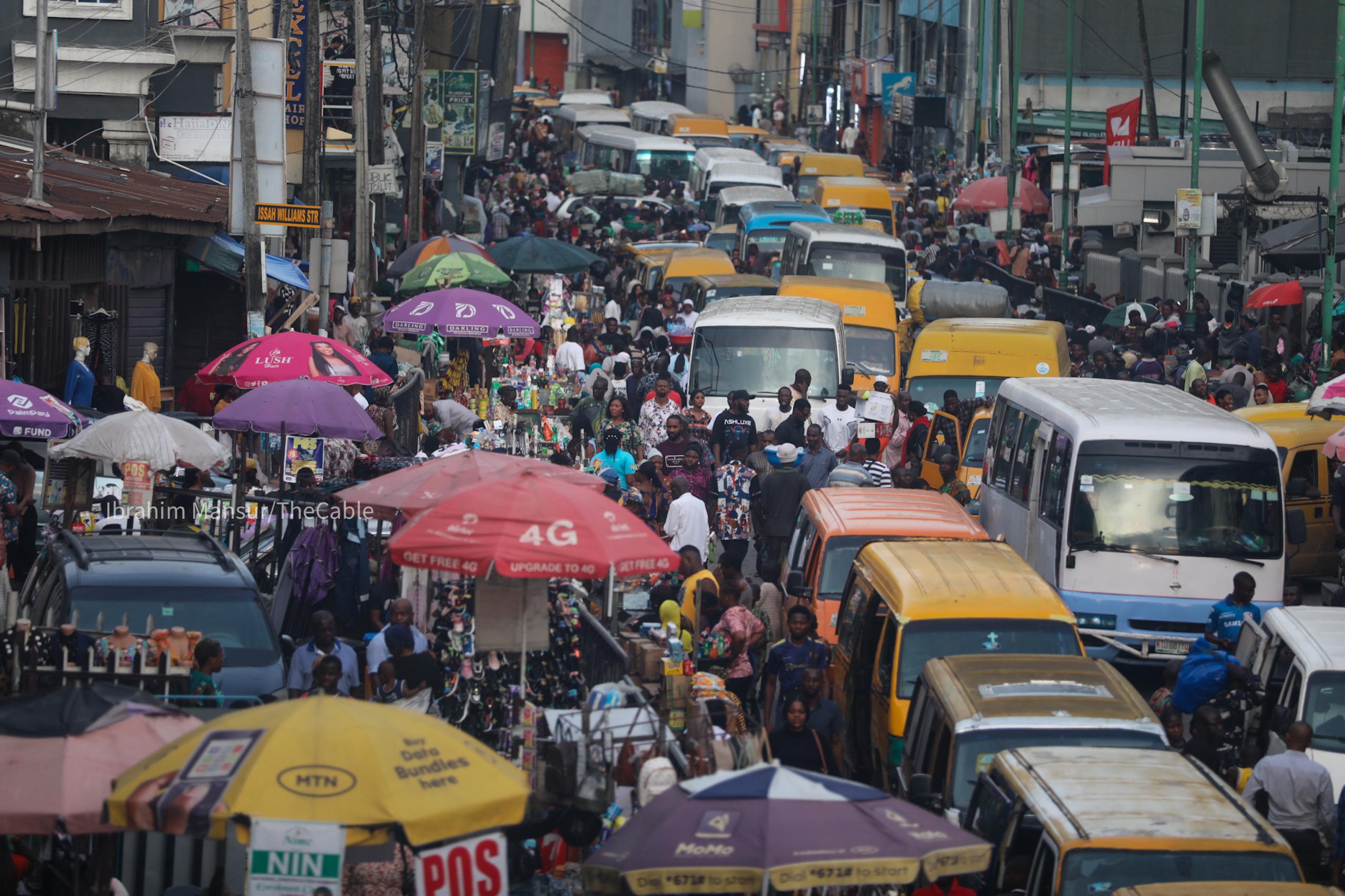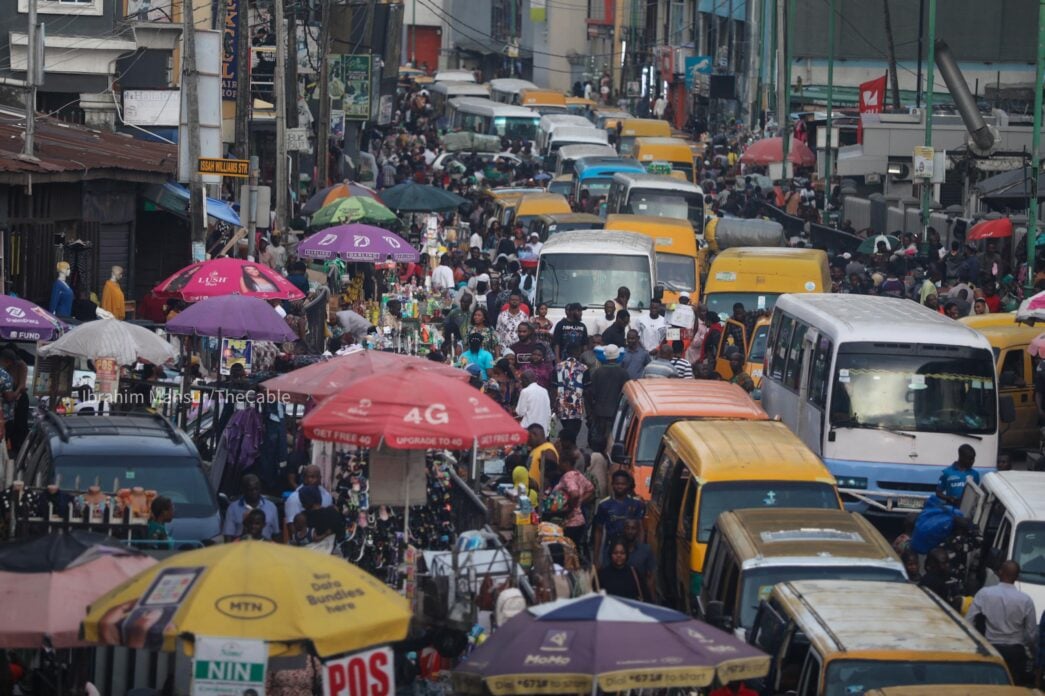BY NNA KALU NTO
Despite impressive GDP figures, millions of Nigerians still battle poverty, inflation, and unemployment. True progress must be measured by how people live, not just by how much the economy grows.
What GDP Really Means
Nigeria’s economic story often makes the headlines for the wrong reasons, and sometimes, even the good news hides a troubling truth. The government and analysts frequently celebrate rising gross domestic product (GDP) figures, but for millions of Nigerians, life keeps getting harder.
Advertisement
GDP growth simply measures the total value of goods and services produced in the country. It doesn’t show how that wealth is distributed, whether citizens can afford basic food items, or if hospitals, schools, and public infrastructure are improving. In other words, GDP tells us how big the economy is, but not how well people are living.
A Bigger Economy, But Little Relief
Nigeria’s GDP has expanded in recent years, thanks in part to economic rebasing that included sectors like telecommunications and digital services. This made the economy appear about 30 percent larger overnight.
Advertisement
Yet this growth has not translated into lower prices or improved living conditions. The National Bureau of Statistics (NBS) reports that more than 71 million Nigerians now live in extreme poverty, unable to meet their basic needs.
In other words, the economy has grown on paper, but not in people’s pockets – hence, GDP growth looks good on paper, but it doesn’t fill empty stomachs.
Inflation: The Silent Thief of Growth
One of the main reasons GDP growth feels meaningless to ordinary Nigerians is inflation. Prices of food, fuel, and transportation have surged relentlessly. Headline inflation has hovered above 30 percent in 2024, while food inflation climbed beyond 34 percent, the highest in two decades.
Advertisement
For a country where most households spend up to 60 percent of their income on food, this is devastating. A trader in Jos, a bus driver in Lagos or a teacher in Umuahia may hear that the economy “grew by 3 percent” but still cannot afford a bag of rice or a litre of petrol. GDP growth does not fill empty stomachs.
Growth Without Jobs
Another major flaw in Nigeria’s growth story is that it has been largely “jobless.” The National Bureau of Statistics (NBS) puts youth unemployment at around 33 percent, with underemployment even higher. Millions of young Nigerians survive in the informal economy; driving tricycles, selling recharge cards, or doing menial jobs that pay barely enough to get by.
Meanwhile, the sectors driving GDP growth, such as oil, gas, and digital finance, are capital-intensive and employ very few people. This creates a disconnect: a few corporations and investors record massive profits, while ordinary citizens struggle to survive.
Advertisement
Widening Inequality
Economic growth has been accompanied by deep inequality. The richest 10 percent of Nigerians control over 40 percent of the country’s wealth, while millions face declining purchasing power due to inflation and stagnant wages.
Advertisement
Basic services such as healthcare, education, and transportation remain inadequate. The widening gap between rich and poor undermines social stability and weakens public trust in governance.
GDP may rise, but the human development index remains painfully low.
Advertisement
Making Growth Work for the People
For Nigeria’s economic growth to be meaningful, it must translate into improved living standards. Policymakers should shift focus from mere expansion to inclusive development.
Advertisement
Key steps include:
Creating jobs in agriculture, small-scale industries, and renewable energy.
Supporting vulnerable households to cushion the impact of inflation.
Investing heavily in public education and healthcare, especially in rural areas.
Enforce fair taxation for wealthy individuals and big corporations.
Reducing government waste and prioritising productive investments.
The Real Measure of Prosperity
Nigeria’s story is a cautionary tale for developing nations that chase GDP growth as a symbol of progress. Without fair distribution, stable prices, and productive employment, rising output is just a mirage.
True prosperity means that families can eat three meals a day, that children can attend school without fear of dropping out, and that no mother must choose between buying medicine and feeding her child.
GDP can measure production, but it cannot measure dignity, peace of mind, or hope for the future.
If Nigeria is to move forward, it must build an economy that grows not only in numbers but also in human welfare. Until then, the tale of GDP growth without better living standards will remain a story of wealth without well-being; a drum that sounds loud but is empty inside. True economic growth uplifts the many and not just the privileged few.
Nnaa Kalu Nto, the founder of Analytix, writes from Abuja and is a good governance advocate.
Views expressed by contributors are strictly personal and not of TheCable.




